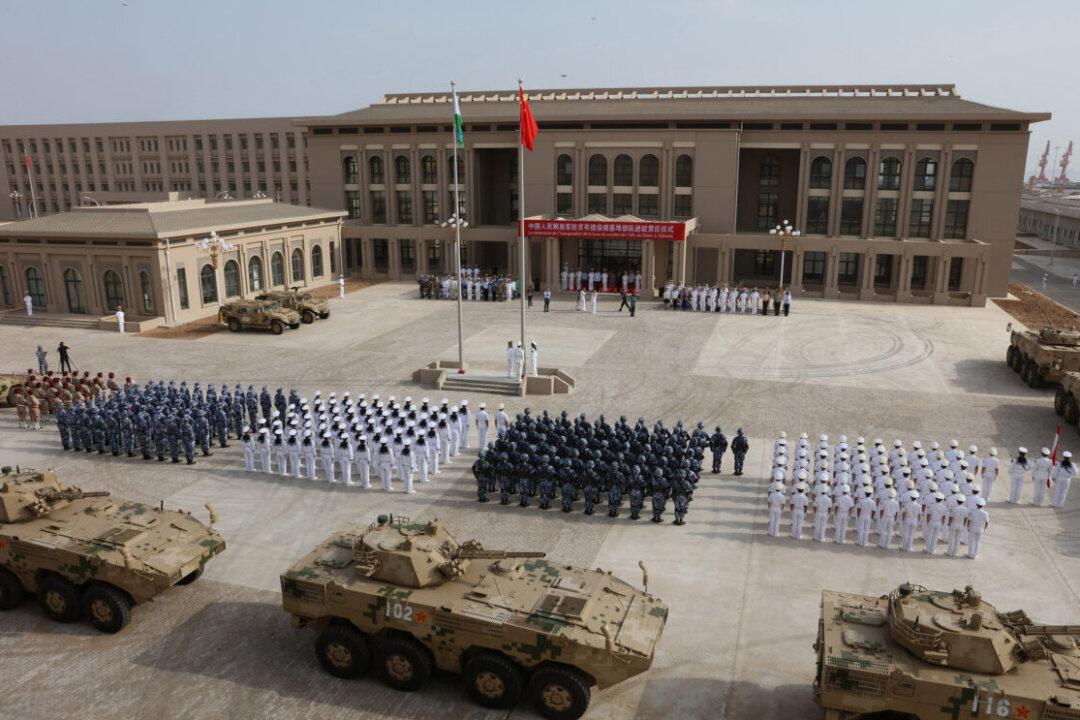Commentary
Four centuries after being occupied by the British, Barbados recently became a republic, renouncing Queen Elizabeth II in the process. Time to rejoice. Well, not quite. As Barbados cuts ties with Britain, it becomes closer with Beijing.

Four centuries after being occupied by the British, Barbados recently became a republic, renouncing Queen Elizabeth II in the process. Time to rejoice. Well, not quite. As Barbados cuts ties with Britain, it becomes closer with Beijing.